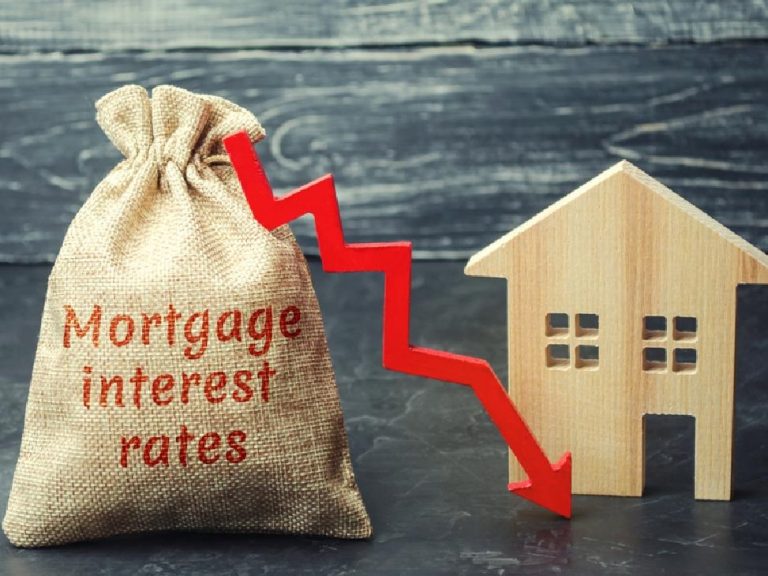Last Updated on 17th October 2024
Getting home loan is very BASIC now
Get a loan in under 5 mins

Last Updated on 17th October 2024
Table of Contents
Eligibility for a home loan generally hinges on several key factors including age, income, employment status, credit score, debt-to-income ratio, property value, loan-to-value ratio, and down payment. Applicants must typically be at least 18 years old and demonstrate stable income and employment history, with salaried individuals needing a few years of continuous employment and self-employed individuals showing consistent income through tax returns and business financials. A good credit score is crucial as it influences loan approval and interest rates. Lenders also assess the debt-to-income ratio, preferring it to be under 36-40%. The loan amount usually depends on the appraised value of the property, with most lenders covering up to 80-90% of this value, requiring the borrower to make a down payment, often around 20%. Additional considerations may include the borrower’s residency status and specific lender criteria.
The amount you can borrow from a bank for a home loan depends on several factors, primarily your income, the value of the property you wish to purchase, and your credit history. Here are the key aspects that influence how much you can borrow:
Owning a home often comes with the challenge of managing hefty home loan EMIs. While these payments are a step towards your dream home, they can also be a significant financial burden. Thankfully, there are several smart strategies you can employ to reduce your home loan EMIs. Whether you’re a new homeowner or halfway through your loan tenure, understanding how to lower your home loan EMIs can save you a significant amount of money.
Suggested read: Home Loan EMI Calculator
Here are some effective strategies to consider :
Extending the loan period will reduce the monthly payments. However, remember that while this decreases your EMIs, it increases the total interest paid over the life of the loan.
If you have some extra funds, making a partial prepayment can reduce the principal amount, which in turn can reduce your EMIs or loan tenure. Most banks do not charge a fee for partial prepayments.
If interest rates have dropped since you took your loan or if your credit score has improved, consider refinancing your loan. A lower interest rate can significantly reduce the emi of your existing home loan.
Suggested read: Minimum Down Payment for Home Loan
Research and compare various loan options available in the market. Some banks may offer loans at comparatively lower interest rates.
If you have a good repayment history, you may be able to negotiate a better interest rate with your current lender.
If you have a fixed-rate loan, consider switching to a floating rate, or vice versa, depending on which is more advantageous given current market conditions.
Sometimes, the best way to manage higher EMIs is by optimizing your monthly budget and cutting down on unnecessary expenses.
Suggested read: Pre-EMI vs Full EMI
Before making any decisions, use an EMI calculator to understand the impact of various options on your monthly payments.
Managing home loan EMIs doesn’t have to be a stressful task. By adopting these smart strategies, you can reduce the burden of your EMIs and make your journey to owning your dream home a more comfortable and financially sound experience. Remember, each strategy comes with its own set of pros and cons, and what works best depends on your financial situation. It’s always a good idea to consult with a financial advisor for personalized advice tailored to your specific circumstances.
Factors that determine the EMI of a home loan:
1.Loan Amount: A higher loan amount leads to higher EMIs.
2.Interest Rate: A higher interest rate results in higher EMIs.
3.Loan Tenure: Longer tenures lead to lower EMIs, but you pay more interest over time.
4.Type of Interest Rate: Fixed or floating interest rates affect EMI calculations differently.
5.Processing Fees: Additional fees can increase the overall cost of the loan.
The ideal down payment amount varies but typically ranges from 10% to 20% of the property’s value.
Generally, initially, floating rates may offer lower EMIs compared to fixed rates. However, floating rates can change over time, so your EMI may increase if interest rates rise.
There are three major ways to reduce your home loan emi
1.Choose a longer tenure to lower EMIs, but this increases the overall interest paid.
2.You can refinance the loan at a lower interest rate if possible.
3.Make a substantial prepayment to reduce the principal amount.
1.Increase the loan tenure for lower monthly payments.
2.Opt for a lower loan amount if feasible.
3.Negotiate for a lower interest rate.
EMI vs. Tenure Reduction:
1.Reducing EMI is beneficial for immediate cash flow.
2.Reducing tenure saves on total interest payments but increases the monthly EMI.
Many banks allow prepayments to reduce the principal amount, which can effectively reduce the tenure and EMI. You can check your loan agreement for prepayment terms and conditions.
Tips for repaying a home loan smartly:
1.Consider making occasional lump-sum payments.
2.Use windfalls like bonuses or tax refunds to make prepayments.
3.Maintain a good credit score to negotiate lower interest rates or refinance your loan.
4.Explore loan consolidation options if you have multiple loans.